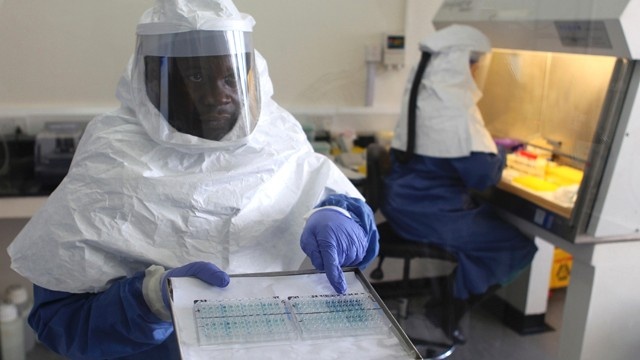OF THE
TIMES
Comets are vile stars. Every time they appear in the south, they wipe out the old and establish the new. Fish grow sick, crops fail, Emperors and common people die, and men go to war. The people hate life and don't even want to speak of it." -Li Ch'un Feng, Director, Chinese Imperial Astronomical Bureau, 648, A.D.As a physician, I usually concentrate strictly on medical and health-related issues, not history or catastrophism. However, like so many other people, I see signs of atmospheric changes on our planet which, according to many experts, may well be due to increasing comet dust loading. When I read about increasing reports of fireballs all around the world, and I know that these factors must have an effect on the health of individuals and societies, it motivates me to do the research to find the connections so that I am better prepared for what may lie in our future. If our planet is entering a new cometary bombardment cycle, and if these comets harbor new species of microbes unknown to mankind's collective immunological systems (as may well be the case), then being forewarned is being forearmed.
According to the late Sir Fred Hoyle and Chandra Wickramasinghe of the University of Wales at Cardiff, viruses can be distributed throughout space by dust in the debris stream of comets. Then as Earth passes though the stream, the dust and viruses load our atmosphere, where they can stay suspended for years until gravity pulls them down. They compare numerous plagues throughout our history which coincide with cometary bodies in our skies. These researchers are certain that germs causing plagues and epidemics come from space.

According to the late Sir Fred Hoyle and Chandra Wickramasinghe of the University of Wales at Cardiff, viruses can be distributed throughout space by dust in the debris stream of comets. Then as Earth passes though the stream, the dust and viruses load our atmosphere, where they can stay suspended for years until gravity pulls them down. They compare numerous plagues throughout our history which coincide with cometary bodies in our skies. These researchers are certain that germs causing plagues and epidemics come from space.
In other words, if a Company A employee contracts Ebola while working in West Africa, brings the disease back to the United States, is not quarantined and ends up infecting members of the general public, Company A is protected from any damages arising from lawsuits by these secondary victims.

Comment: See also: 'Right now, it doesn't look good': WHO fails to meet its goal of containing the Ebola outbreak in West Africa